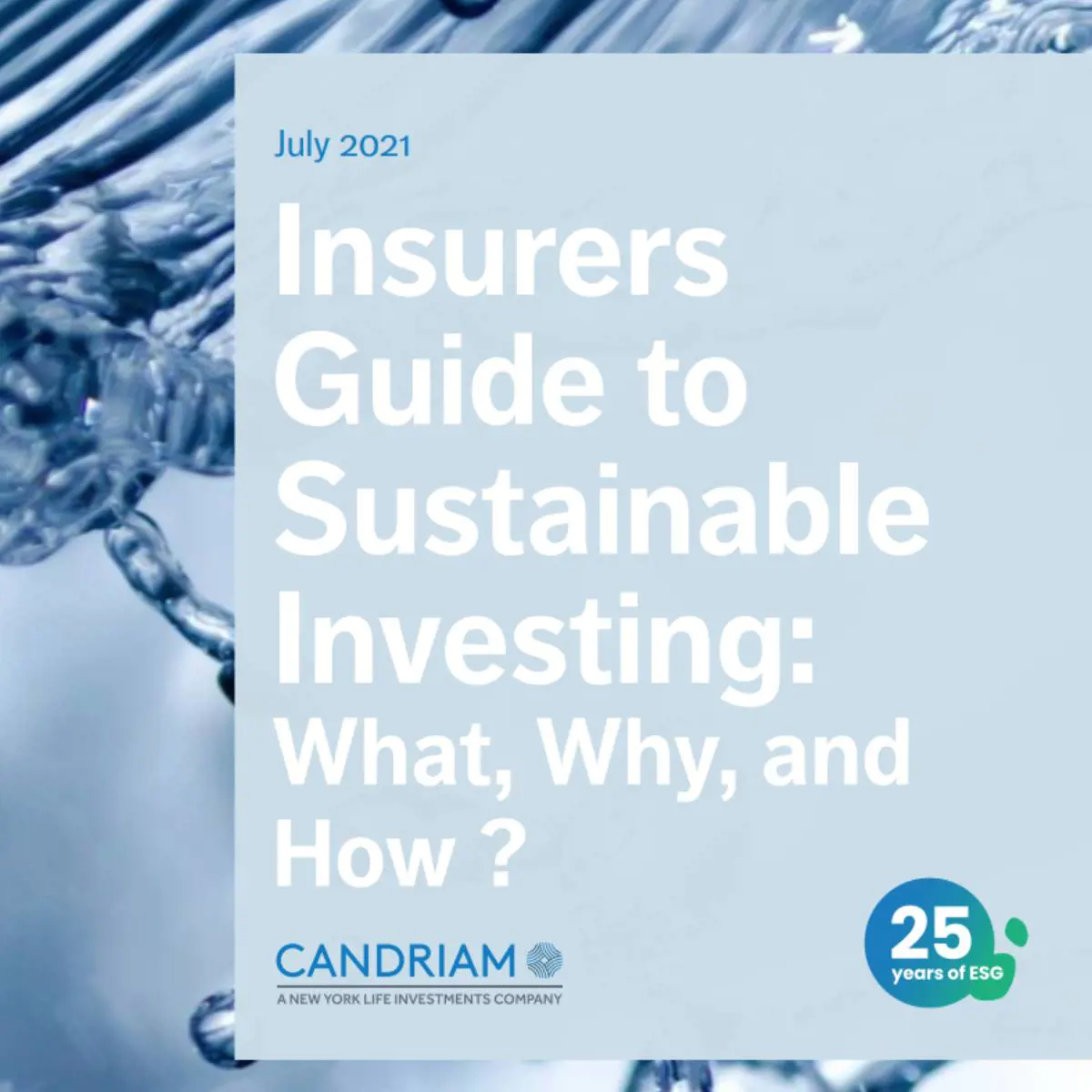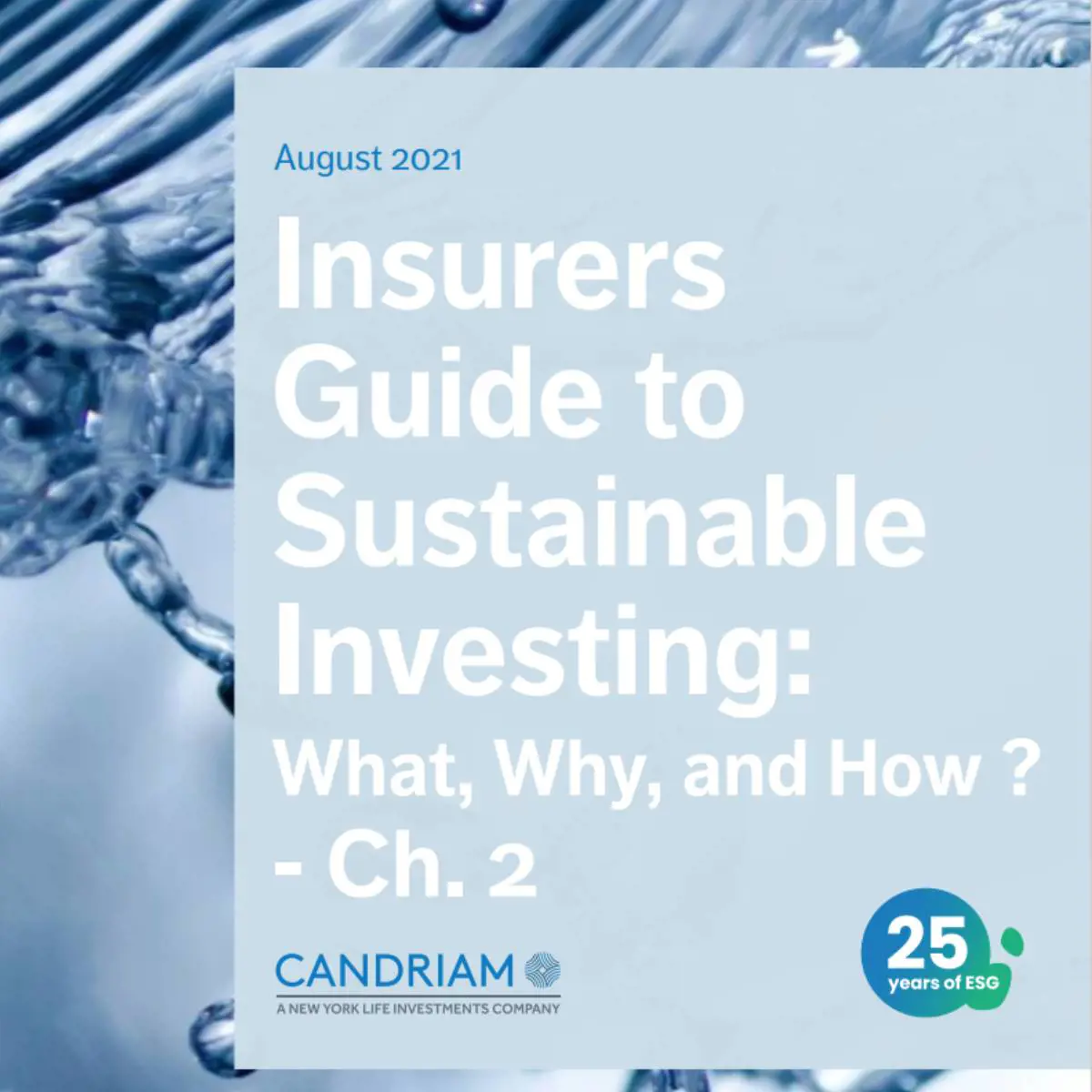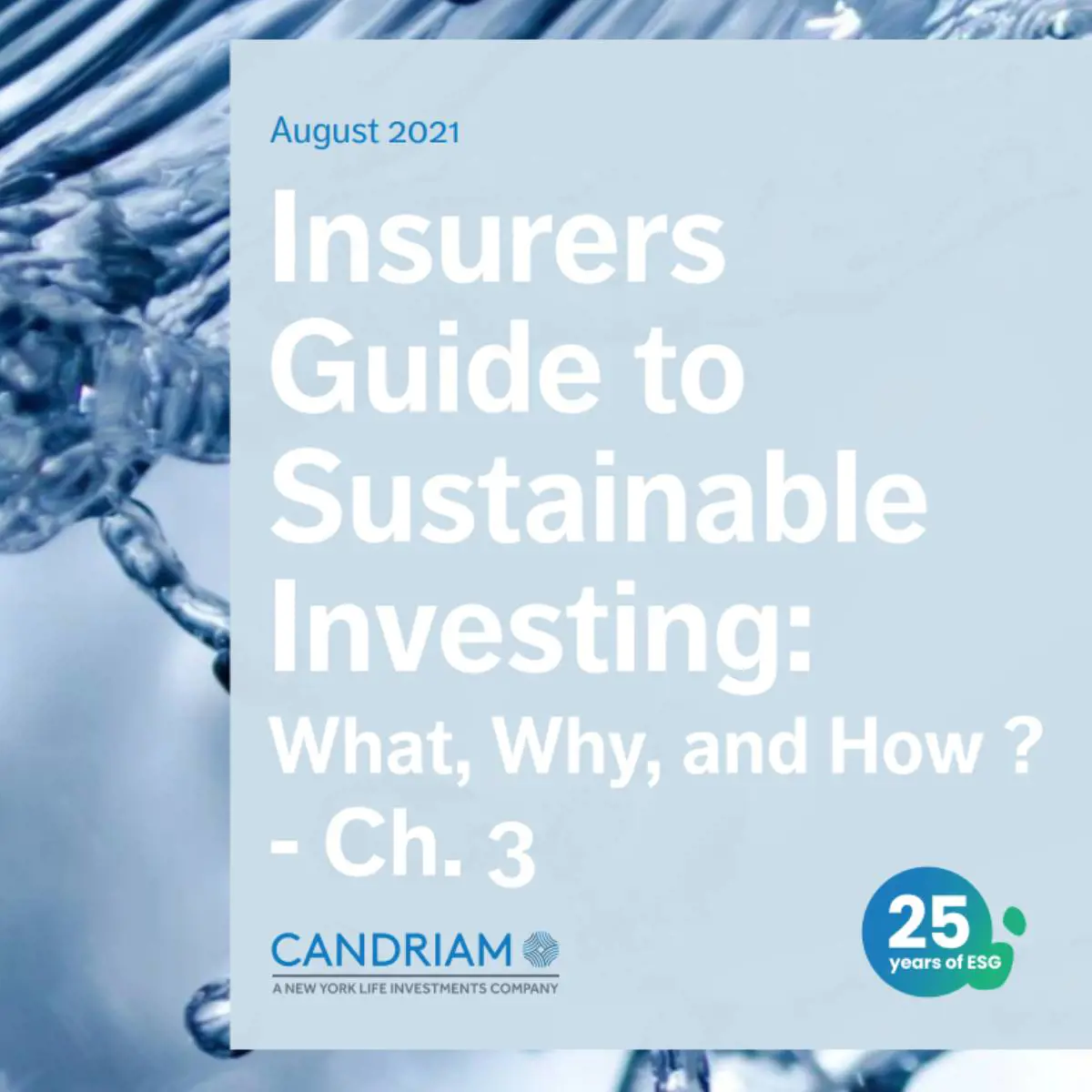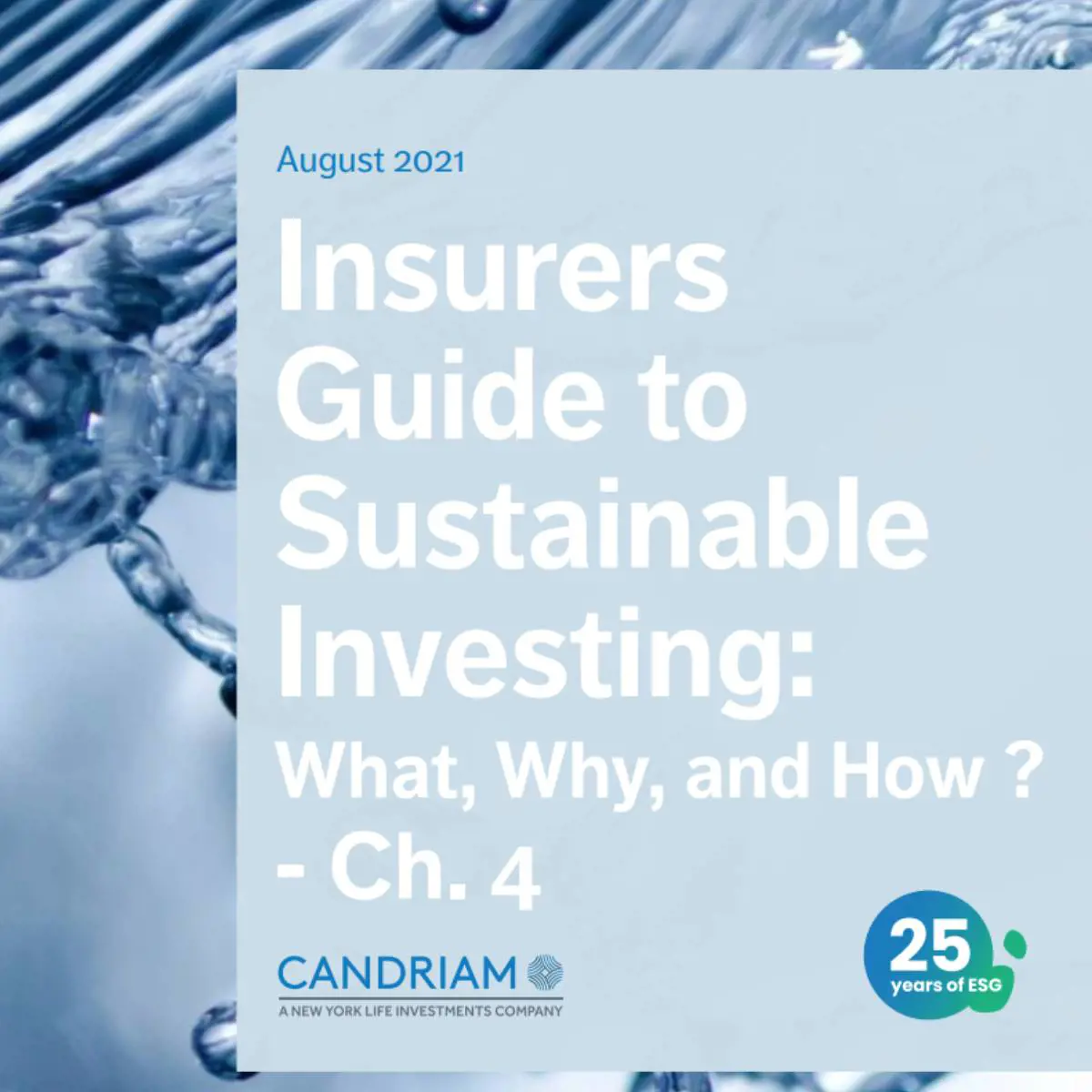A strong global focus on climate change by governments, regulators and consumers has launched Environmental, Social Environmental (ESG) considerations on to centre stage for investment decisions.
The insurance sector has an important role in the advancement of ESG considerations in finance. Not only do they represent Europe’s largest institutional investor group, but as risk managers insurers also identify and quantify material climate risks.
With many questions still in the air as the insurance industry navigates this new ESG age, we offer you answers to some of the biggest basics. To ease your summer reading, we will offer the chapters in installments every two weeks.





